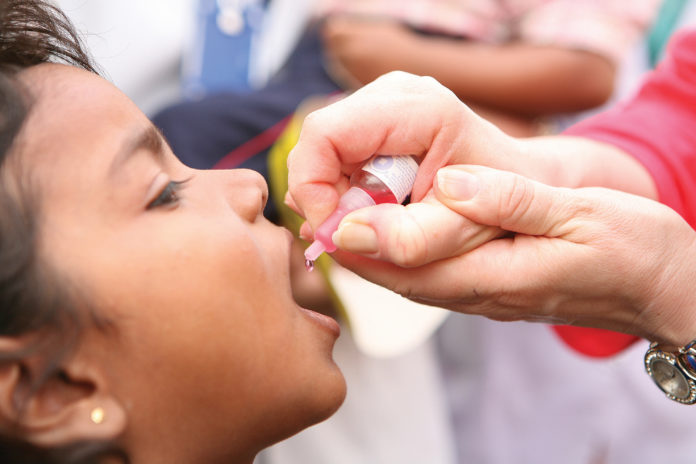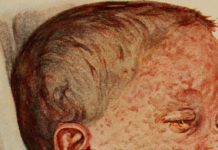
Government of India has commissioned a study on vaccine hesitancy
India, it seems has forgotten the lessons of the pulse polio programme. So much so that the Union health ministry has now decided to commission a study on vaccine hesitancy. The immediate trigger are the clusters of diphtheria cases in Delhi and surrounding areas, say highly placed government officials.
Diphtheria vaccine is among the oldest in the Universal Immunisation Programme (UIP), under which all children are given a number of vaccines free.
Last month a Centers for Disease Control Atlanta issued a statement about a “rare polio-like” disease in Minnesota, a state which has been reporting a lot more vaccine hesitancy of late
The Immunisation Technical Support Unit (ITSU) under the ministry of health and family welfare will conduct the study in association with GAVI – an international organisation supported by the Bill and Melinda Gates Foundation. GAVI has been partnering the government of India on several vaccine programmes in which it provides the vaccines.
In September this year more than 24 children died of diphtheria in the northern parts of Delhi. Earlier this month again diphtheria reared its ugly head in neighbouring Haryana when 27 children died in Nuh district.
Diphtheria is an infectious disease caused by the bacterium Corynebacterium diphtheria, which primarily infects the throat and upper airways, and produces a toxin affecting other organs. Diphtheria has a mortality rate of 5-10%.
“Vaccine hesitancy seems to have assumed proportions where, as we aim at 90 percent coverage under Mission Indradhanush, it has become imperative to understand its cause and ways to tackle it. There is a perception that some communities are more susceptible to it than others. ITSU will look into that,” said a source.
Vaccine hesitancy is a growing problem. Last month a Centers for Disease Control Atlanta issued a statement about a “rare polio-like” disease in Minnesota, a state which has been reporting a lot more vaccine hesitancy of late. The immigrant populations have been particularly resistant after Andrew Wakefield a British doctor who was stripped of his licence to practice and became one of the leading voices against vaccines, personally paid a visit to the state.
In India too it was the polio vaccine that majorly fuelled resistance after rumours flew thick and fast about the vaccine making people impotent. Religious leaders were roped in to spread the message and the rest is health history.
India became polio free in 2014. However the connections made then seem to have been lost over time worn reluctant parents now keeping kids away from other vaccines.













